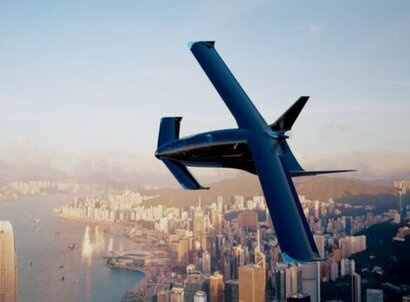
These batteries are too heavy for long-range commuting and their charging time is too slow to support the number of flights required, says Horizon Aircraft. Furthermore, the lifecycle of many batteries being used is also too short. Many prototypes currently under development must use advanced, high energy density variants. However, these lighter batteries can be damaged easily, increasing the rate at which they need to be replaced, which will increase costs.
Some high-profile eVTOLS are using batteries that weigh 600 kg or more, which means their range is restricted to between 100 km and 200 km.
“The type of batteries used by eVTOL aircraft will also impact what vertiports and vertistops they can use” said Brandon Robinson, CEO and Co-Founder of Horizon Aircraft. “One of the biggest operational barriers to deploying a VTOL fleet in cities is finding sufficient locations to place landing pads, and the facilities needed to recharge and service aircraft. eVTOL aircraft with heavy batteries or ones that take too long to recharge will have access to fewer vertiports and vertistops. eVTOLs need to be safe, affordable, and have an operational cost structure that makes them economically viable. The batteries used by some eVTOL aircraft will make this impossible to achieve.”
Horizon Aircraft has developed the Cavorite X5, an eVTOL that can fly the majority of its mission exactly like a normal aircraft and which utilises batteries that weigh only 200 kg, providing it with a range of 500 km with a hybrid-electric power system.
For additional information:

